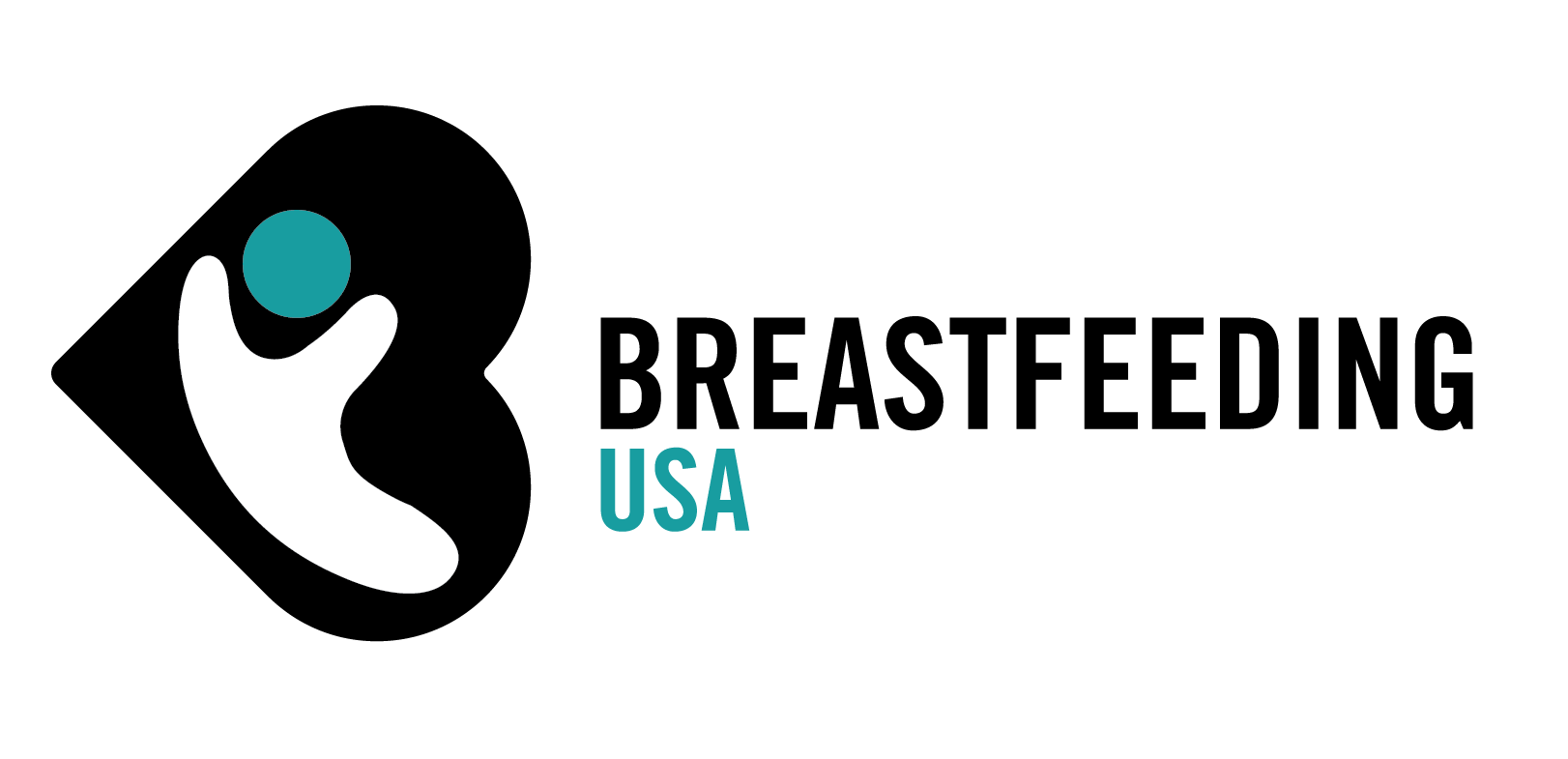By Sara McCall
Dear Partner,

You may be wondering, “What is breastfeeding going to mean for me?” It’s a valid question! While a partner is not required, a supportive partner can be a key element in helping the mother to breastfeed.
Mother and baby may be the stars of the breastfeeding show, but partners play a major supporting role.
Some partners are worried that they won’t bond as well with the baby because they can’t be directly involved in feeding. Some feel a little jealousy over the unique relationship shared by the mother and child (Jordan & Wall, 1990). They are afraid that the only time they’ll get to interact with the baby is during diaper changing. An informal poll on a breastfeeding support group’s Facebook page revealed more concerns partners had about breastfeeding:
• “Once the baby was born, he wasn’t very comfortable with NIP [nursing in public]…it’s the thought of another man seeing my breasts that bothers him.”
• “My husband didn’t like not knowing exactly how much milk the baby was getting.”
• “He didn’t like how unsexy breastfeeding first appeared to him, especially when I was still ‘deflating’ after the engorgement.”
• “He totally supports me breastfeeding, but I think in the sex department he really enjoyed my breasts, so there is some jealousy mixed in with the love and support he has for breastfeeding.”
• “I think for him it was the lack of knowledge, but sharing what I was learning helped him feel a part of it.”
• “My husband’s cousin doesn’t want his partner to breastfeed because he can’t help.”
The good news is that families develop many creative ways to meet these challenges. Partners can and do help with breastfeeding! In fact, research has shown time and again that partners are an important source of support for breastfeeding mothers (Raj & Plichta, 1998). Mothers are more likely to initiate breastfeeding and breastfeed longer if their partner supports it (Giugliani, Caiaffa, Vogelhut, Witter & Perman, 1994). This makes sense because partners are in the trenches with mothers – witness to the 2 a.m. cluster feeds, engorgement and other issues that can pop up in breastfeeding. Partners are there when breastfeeding counselors are not available.
Research is informative, but what does this support look like in real life? There are many ways a partner can bond with the baby, strengthen the relationship with mom and support both mom and baby (Rempel & Rempel, 2011).
Strengthen your relationship
• Give Mom a break. Right after the baby has finished nursing, offer to take the baby so that she can relax. Suggest that she take a nap, eat a hot meal, read a book, take a bath, or just relax. Chances are, she wants a break but hasn’t asked. Don’t let her clean the house! Tell her you’ll find her when baby is ready to feed again.
• Take charge of the household. Take on a few extra responsibilities around the house so Mom can focus on getting breastfeeding off to a great start without worrying about the laundry or dishes.
• Talk about sex. Intimacy doesn’t have to stop when breastfeeding starts. What’s important is to keep the lines of communication open, bearing in mind how she is physically ready at different stages of postpartum.
• Assist with night feeds. Breastfeeding does not mean a free pass for partners to sleep all night. If not co-sleeping, partners can bring baby to Mom for night feeds and then put baby back to sleep – allowing Mom to catch a few extra winks.
Bond with baby
• Go skin to skin. You probably already love touching your baby’s soft skin, so take it further and hold your diapered infant against your bare chest. At birth, skin to skin contact will help a newborn stabilize vital signs after the stress of birth. Skin to skin is beneficial at any age and can help babies and partners bond.
• Sing or talk to baby. Did you know that the lower pitch and deeper tones of a male voice can both calm and intrigue an infant? Bonus points if you do this during skin-to-skin time when the infant can feel the vibrations of your voice through your chest!
• Perfect your baby dance. Most infants love to be rocked, lightly bounced, walked or gently swayed, which can have a calming effect on an infant. Experiment to find out what your baby likes, and pull it out during fussy times.
• Actively share the reins of child care. This is where we strongly encourage you to change the diapers. However, this is not the only way you can get hands-on with your baby! Burping, bathing, dressing, calming and playing are all ways to interact and bond with a young baby.
Support the breastfeeding relationship
• Be the expert. Make it your second job to read up on evidence-based breastfeeding information. Know your state’s laws, so if she gets harassed for breastfeeding in public, you can jump in with the facts. Having more knowledge may make you feel more comfortable with breastfeeding, and you will be in a better position to help Mom with questions.
• Be the coach. Help Mom to feel comfortable with NIP. Practice with her at home so that she becomes comfortable arranging herself and the baby, getting latched, and breastfeeding with a minimum of fuss. Keep an eye out for comfortable locations to nurse when baby is ready. While Mom is nursing, act as if this is the most natural thing in the world, because it is!
• Be the personal assistant. Make sure Mom has what she needs during a nursing session – snacks, water, pillows, etc. Help her get comfortable or position the baby, if she needs it.
• Be the gatekeeper. A new baby is exciting, and everyone wants to be a part of the magic. It’s up to you to make sure Mom and baby don’t get overwhelmed, especially in the first few weeks.
• Be the cheerleader. Armed with your knowledge about normal newborn behaviors, you will be able to remind Mom that cluster feeding, for example, is normal and then praise her for meeting baby’s needs.. Thank her for breastfeeding to show her how you value her efforts. Let Mom vent whenever she needs to, and cheer about her progress toward her breastfeeding goal. If there are any ongoing problems, encourage her to seek help by reaching out to a breastfeeding counselor.
When it comes to breastfeeding, partners can make a big difference. Breastfeeding is a family affair – the whole dynamic is affected by how mother and baby are doing. Supporting your partner in her goal to breastfeed will strengthen that dynamic and benefit everyone in the family.
References
Giugliani, E. R. J., Caiaffa, W. T., Vogelhut, J., Witter, F. R., Perman, J. A. (1994). Effect of Breastfeeding Support from Different Sources on Mothers’ Decisions to Breastfeed. Journal of Human Lactation, 10, 157-161.
Jordan P.L., Wall V.R. (1990). Breastfeeding and fathers: Illuminating the darker side. Birth, 17, 210-2
Raj, V.K., Plichta, S. B. (1998). The Role of Social Support in Breastfeeding Promotion: A Literature Review. Journal of Human Lactation, 14, 41-45.
Rempel, L. A., Rempel, J. K. (2011). The Breastfeeding Team: The Role of Involved Fathers in the Breastfeeding Family. Journal of Human Lactation, 27, 115-121.
Sara McCall
© Copyright Breastfeeding USA 2013. All rights are reserved.
